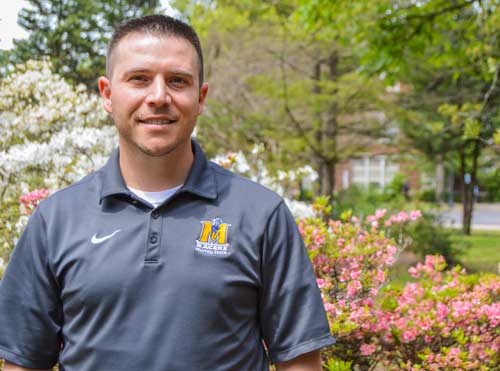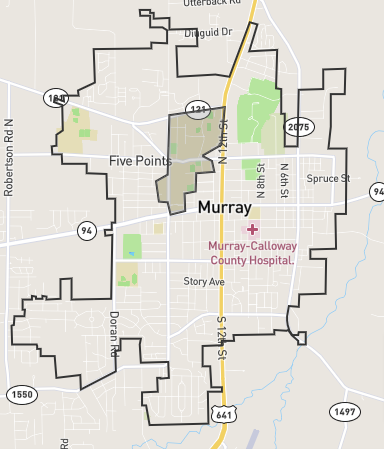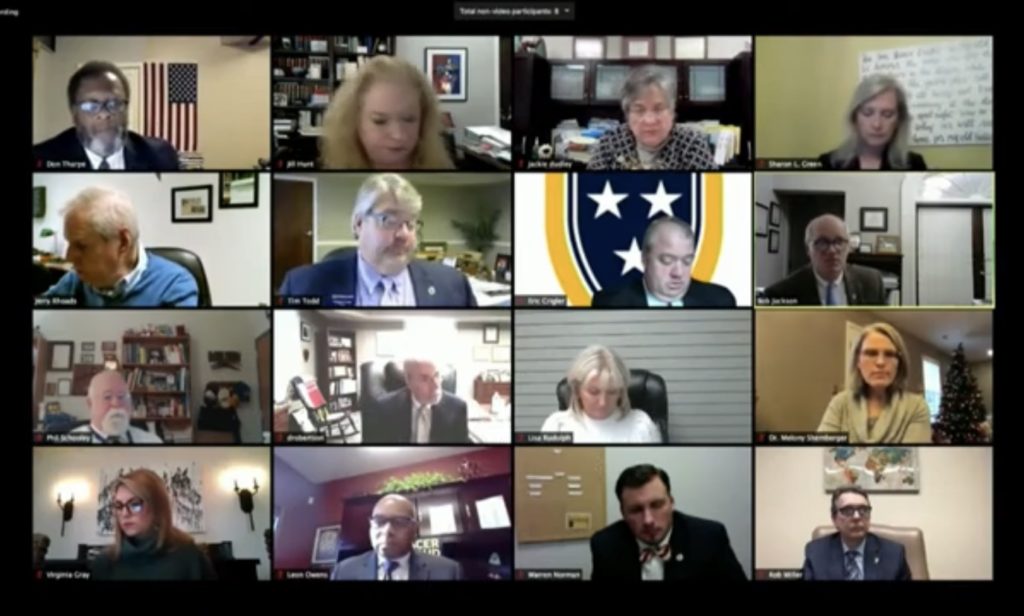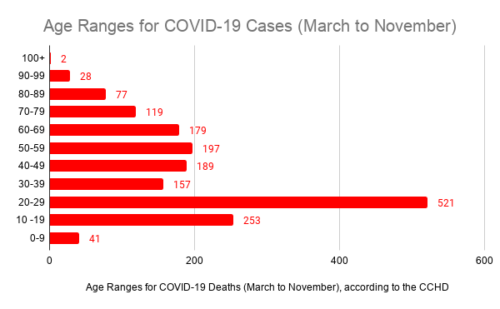Story by Zachary Orr, Assistant News Editor

Chris Jeter, assistant registrar for Veteran Affairs, said he hopes Murray State’s first scholarship for veterans will reach $25,000 in funding, making it an endowed scholarship.
In the fall of 2016, Murray State will offer its first University scholarship for veterans: Operation Graduation.
The scholarship was made because of a growing demand for financial assistance that veterans have when pursuing higher education today, said Chris Jeter, assistant registrar for Veteran Affairs.
Jeter said although veterans benefit financially from the G.I. Bill, which provides financial assistance to veterans for education as thanks for their service and can cover both tuition and some living expenses, the bill doesn’t cover all the costs attending a four-year university entails.
“When you take into consideration that there are other things they’re paying for – everything from books to putting food in your stomach and gas in the tank – no, it’s not going to pay for everything,” he said.
Returning to civilian life is a difficult transition for many veterans, Jeter said. Many veterans return from service with families, so higher education may not be their first priority financially.
Jeter said he hopes Operation Graduation will help veterans afford higher education despite their financial obligations.
Abby Hensley, director of development for the Hutson School of Agriculture and Special Projects, helped develop the scholarship, alongside Renae Duncan, associate provost for Undergraduate Education.
Duncan has been out of the country and was unavailable to comment.
Hensley said she was surprised to hear Murray State didn’t already have a veteran’s scholarship.
“We wanted to start this so that we as Murray State can support our student veterans,” she said. “Because in our eyes they’ve made the biggest commitment to their country and it’s our job to support them.”
Hensley said there is a great need for a veteran’s scholarship. No veteran should ever have to choose between buying a textbook and supporting their family, she said.
Operation Graduation will be available to any veteran student enrolled in a minimum of nine credit hours per semester pursuing a bachelor’s, master’s or doctorate degree. Recipients are required to maintain at least a 2.0 GPA, according to the University scholarship agreement.
The scholarship will be funded by Murray State alumni, both veteran and non-veteran. Per the agreement, the award amount and number of recipients will vary from year to year based on availability of funds.
Jeter said anyone can donate to the scholarship and he hopes the community will see the importance of this scholarship and contribute.
“By donating to this scholarship, members of the community are helping ease the financial burden during a somewhat difficult transition from military culture and service to that of civilian life,” he said.
It’s often more than just veterans themselves who struggle with the transition. Jeter said their families play a huge role in this as well.
“In many ways the entire family serves,” he said. “Not just the individual.”
Student veterans have strengths in leadership and community awareness, Jeter said. This and a global mindset make them great students.
Jeter said he hopes the scholarship reaches the $25,000 benchmark in funding, which will make it an endowed scholarship at the University.
This will allow for more stable funding for the scholarship, the number of recipients and the awards received will be more predictable from year to year.
Murray State considers itself a veteran-friendly University, Jeter said.
The University placed sixth in the USNews.com Best Colleges for Veterans rankings for 2015 for the South region.
This places Murray State at the highest ranking for all Kentucky public universities.
Western Kentucky is ranked eighth, Morehead State ranked 19th and Eastern Kentucky ranked 25th. The other five public universities in the state did not rank.
David Vowel, president of the Student Veteran Organization and student from Mayfield, Ky., said he hopes Operation Graduation attracts more veterans to Murray State and that it encourages more veterans at Murray State to be more involved.
Vowel said many veteran students like him return to universities with families to care for and are unable to work enough during the school year to pay for their families without taking out a substantial amount of student loans.
“The G.I. Bill benefits that we get are pretty good and they’re helpful,” he said. “But, having another source of financial support through this scholarship will be helpful to guys who maybe don’t want to rack up $60,000 in student loans to help them through college.”
After talking to his veteran friends nationwide, Vowel said many veterans at other universities don’t receive the same amount of support as they would at Murray State. Many universities see the G.I. Bill as an excuse not to give these veterans any other financial assistance.
Jeter said that in the next few years more than 2.5 million veterans will return to the workforce, and many of them will come to college.
It is important for universities to be prepared for the return of these veterans, Vowel said.
“The past four or five years have been a real transition period, not just for Murray State, but for a lot of colleges because of the huge influx of veterans returning to college or coming to college for the first time,” he said.
That’s why more universities need to have programs like Murray State to help them with their transition, Vowel said.
“We have a team of people who are dedicated just to helping improve the college experience for veterans on this campus,” he said.































































































